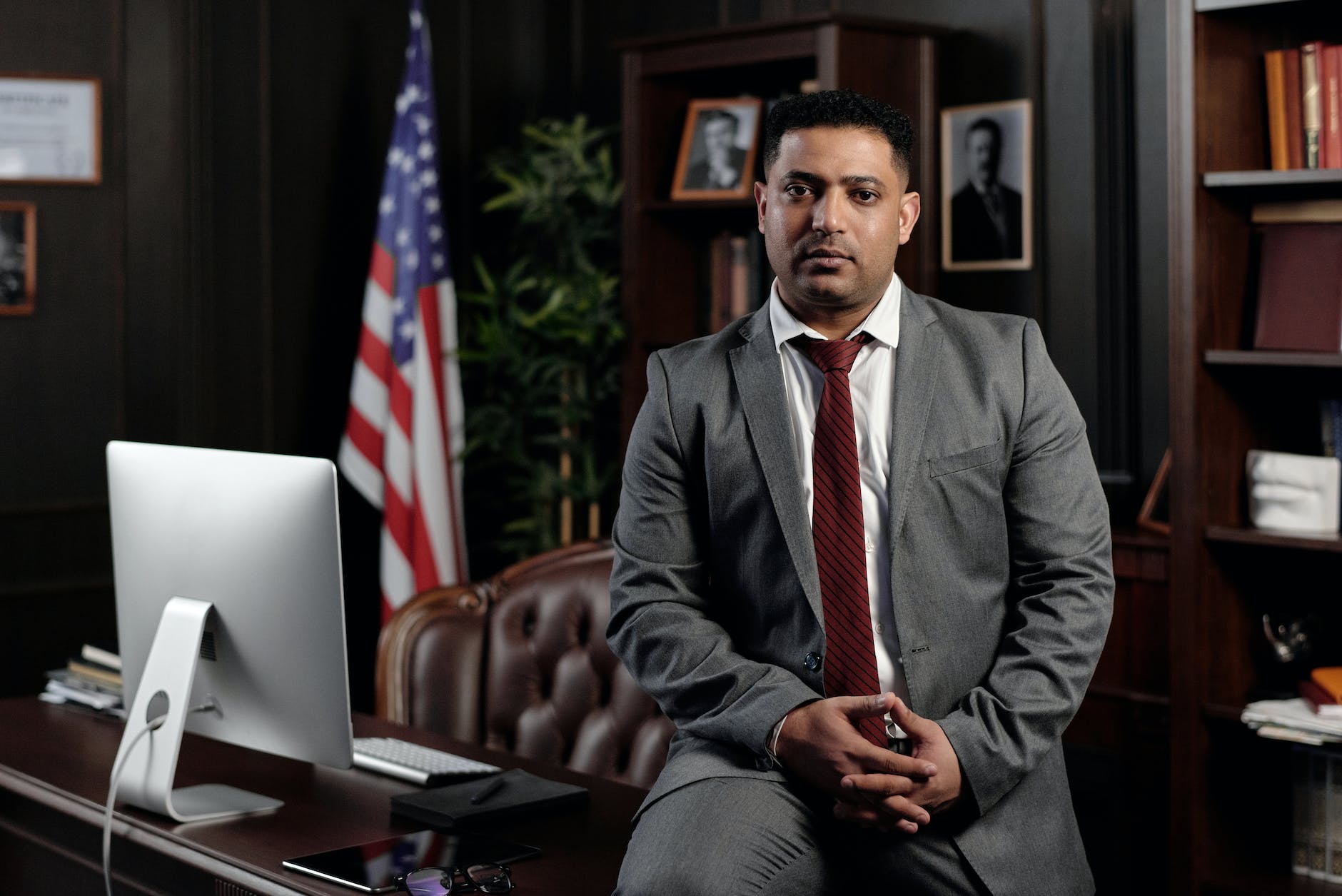
Legal Advocacy
The legal system can be complex and daunting, especially for unfamiliar ones. Solicitors are legal professionals who play a crucial role in advocating for their clients in court and providing them with legal advice.
Gain a comprehensive understanding of solicitors’ role in legal advocacy and the essential information you need to know about their profession.
What is a Solicitor?
A solicitor is an individual in the legal profession who offers legal guidance, drafts legal documents, and acts as a representative for clients in court. They are responsible for managing the client’s case and protecting their rights. They work in various fields of law, including criminal law, family law, property law, and commercial law.
They are responsible for advocating for their client’s legal rights in court. They work closely with barristers and other legal professionals to ensure the client’s case is effectively presented.
Why Do You Need a Solicitor?
If you are facing legal issues or need legal advice, you may need to hire specialists such as Law Advice solicitors. They have the expertise and knowledge required to navigate the legal system and protect your legal rights. They can provide legal advice, represent you in court, and negotiate settlements.
Legal Advocacy
Legal advocacy is the act of representing clients in legal proceedings, including court hearings and negotiations. Solicitors play a critical role in legal advocacy by advising clients on their legal rights, preparing legal documents, and representing them in court. They may also work with barristers or other legal professionals to build a strong case for their clients.
Advising Clients on Legal Matters
One of the primary roles of a solicitor is to advise clients on legal matters. This involves providing legal guidance on matters such as contracts, business law, property law, and family law. They must thoroughly understand the law and keep up-to-date with changes to legislation and legal precedents to provide accurate and effective legal advice to their clients.
Preparing Legal Documents
Solicitors are responsible for preparing legal documents, such as contracts, deeds, and wills, on behalf of their clients. They must ensure that these documents are legally binding and meet the requirements of the relevant legislation. They may also draft legal correspondence and other documents for legal proceedings.
Representing Clients in Court
Solicitors represent their clients in court hearings and other legal proceedings. They may also negotiate on their client’s behalf in legal matters that do not require court intervention. In court, solicitors present evidence, cross-examine witnesses, and argue their client’s case. They must have excellent communication skills and a thorough understanding of the law and the legal system.
Collaborating with Other Legal Professionals
Solicitors often work with barristers, paralegals, and other legal professionals to build strong client cases. This may involve delegating tasks, such as research and document preparation, to other legal team members. They must have strong leadership skills to effectively manage their team and ensure that all tasks are completed on time and to a high standard.
Ensuring Compliance with Legal and Ethical Standards
Solicitors must ensure they and their clients comply with all legal and ethical standards. This includes upholding confidentiality and avoiding conflicts of interest. They must also comply with professional standards and regulations set by legal bodies such as the Law Society.
Conclusion
In conclusion, solicitors play a vital role in legal advocacy. They advise clients on legal matters, prepare legal documents, represent clients in court, collaborate with other legal professionals, and ensure compliance with legal and ethical standards. When choosing a solicitor, it is important to consider their experience, expertise, and communication skills.






